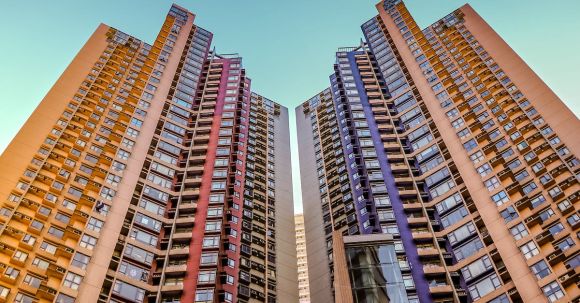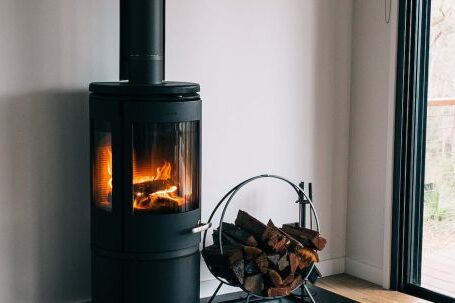When it comes to purchasing a home, many buyers are seeking a good deal. One way to potentially find a bargain is by considering foreclosure properties. However, buying a foreclosure property can be a different experience compared to a traditional home purchase. In this article, we will explore what to expect when buying a foreclosure property.
Understanding Foreclosure Properties
Before delving into what to expect, it is crucial to understand what a foreclosure property is. A foreclosure property is a home that has been repossessed by the bank or lender due to the previous owner’s failure to make mortgage payments. These properties are typically sold at a discounted price to recover the outstanding debt.
1. Extensive Research and Due Diligence
When considering a foreclosure property, it is essential to conduct extensive research and due diligence. This includes researching the property’s history, analyzing its condition, and understanding the local market. Additionally, it is crucial to review the foreclosure process and any legalities involved.
2. As-Is Condition
One significant aspect of buying a foreclosure property is that it is typically sold in “as-is” condition. This means that the buyer purchases the property in its current state, and the seller is not responsible for any repairs or renovations. It is vital to thoroughly inspect the property before making an offer to avoid any surprises or unexpected costs.
3. Competitive Bidding Process
Foreclosure properties often attract multiple buyers due to their potential for a discounted price. As a result, the buying process can be highly competitive, especially for desirable properties. Buyers should be prepared for potential bidding wars and consider submitting their best offer from the start.
4. Financing Challenges
Financing can present challenges when purchasing a foreclosure property. Some lenders may have specific requirements or restrictions for financing these types of properties. It is advisable to get pre-approved or consult with a mortgage professional who has experience with foreclosure properties to ensure a smooth financing process.
5. Potential Delays and Uncertainty
Buying a foreclosure property can sometimes involve delays and uncertainty. The foreclosure process itself can be complex and lengthy, leading to potential delays in closing. Additionally, there may be legal issues or complications that arise during the purchase process. Buyers should be prepared for these possibilities and exercise patience throughout the transaction.
6. Limited or No Disclosures
Unlike traditional home purchases, foreclosure properties often come with limited or no seller disclosures. This means that the buyer may have limited information about the property’s history, condition, or potential issues. It is crucial to rely on thorough inspections and professional advice to assess the property’s condition and make an informed decision.
7. Post-Purchase Renovations
After purchasing a foreclosure property, buyers should be prepared for potential renovations or repairs. As mentioned earlier, these properties are typically sold in as-is condition and may require significant work to make them habitable or meet the buyer’s preferences. It is essential to budget for these potential costs and have a plan in place for any necessary renovations.
In Conclusion
Buying a foreclosure property can be an attractive option for buyers seeking a good deal. However, it is essential to understand the unique aspects and potential challenges involved in purchasing these properties. By conducting thorough research, being prepared for a competitive process, and understanding the property’s condition, buyers can navigate the foreclosure market successfully and potentially find a valuable investment.





